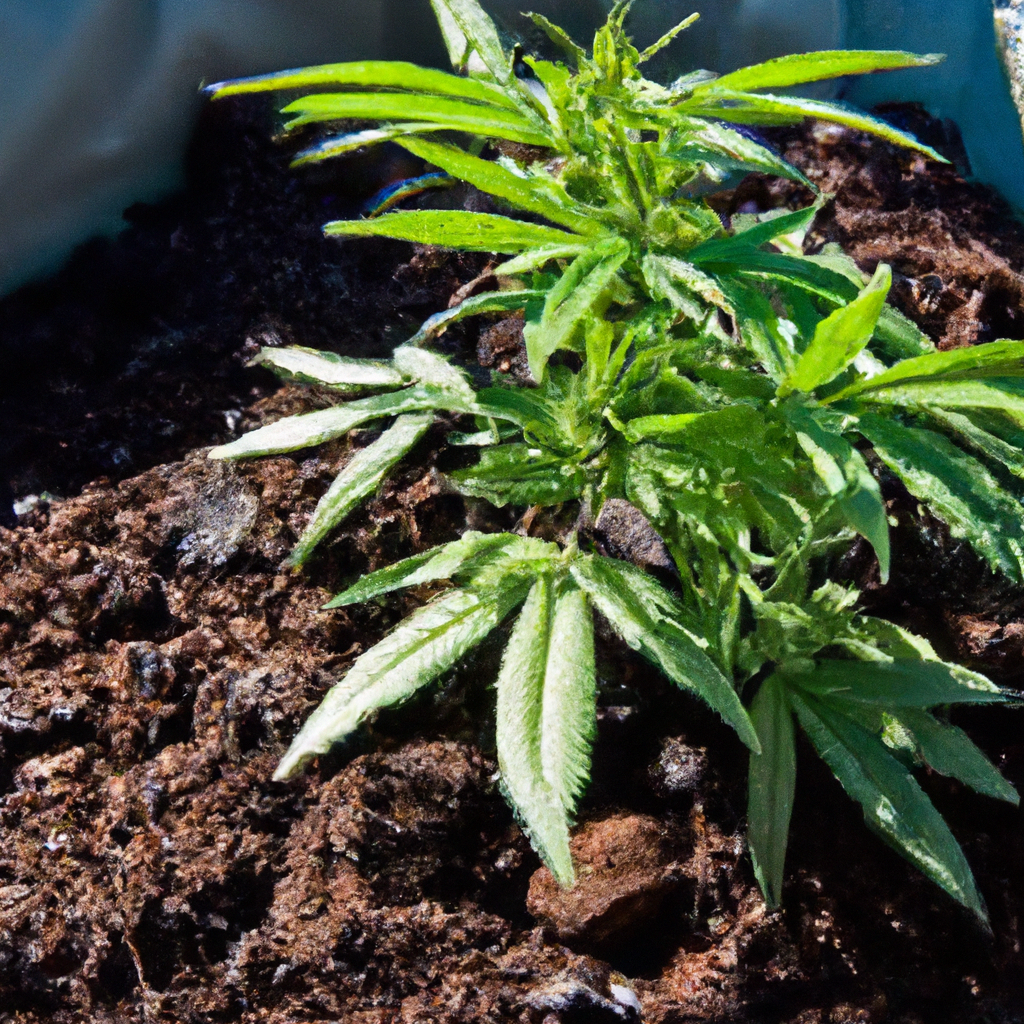Your cart is currently empty!
With the growing demand for clean and sustainable products, organic cannabis cultivation is gaining traction among cultivators and consumers alike. Emphasizing natural fertilizers, composting, and eco-friendly pest management, organic growing practices not only benefit the environment but also produce cannabis with rich flavors and potent effects. This guide delves into the best practices to cultivate cannabis organically, ensuring a high-quality yield while promoting environmental conservation.
1. Embrace Natural Fertilizers
Natural fertilizers play a crucial role in organic cannabis cultivation. They enrich the soil with essential nutrients without harming the environment.
- Compost: Utilizing compost is one of the most effective ways to add organic matter to your soil. Create a compost pile with vegetable scraps, garden waste, and coffee grounds to produce nutrient-rich compost for your cannabis plants.
- Animal Manure: Manures such as cow and chicken droppings provide a slow-release source of nitrogen. Ensure it is well-composted to avoid plant burn.
- Bone Meal: This provides phosphorus for flowering cannabis plants. Mix bone meal into the soil at the beginning of the growing season.
2. Building Healthy Soil Ecosystems
Healthy soil is vital for the growth and sustainability of any plant, including cannabis. Creating a rich soil ecosystem ensures plants get the nutrients and support they need.
- Beneficial Microbes: Introduce microbes such as mycorrhizal fungi to improve nutrient uptake and plant health.
- Mulching: Use organic mulches like straw or wood chips to retain soil moisture, control temperature, and suppress weeds.
- Crop Rotation: Rotate cannabis with other crops to enhance soil fertility and reduce pest build-up.
3. Eco-Friendly Pest Management
Pest management in organic cannabis cultivation focuses on preventing infestations through sustainable methods and using natural pesticides when necessary.
- Companion Planting: Grow plants like marigolds or basil that naturally repel pests while benefiting cannabis growth.
- Neem Oil: Use neem oil as a bio-pesticide. It is effective against a wide range of pests without harmful residues.
- Beneficial Insects: Introduce predatory insects like ladybugs or lacewings into the garden to naturally control pest populations.
4. The Benefits of Going Organic
Organic cannabis cultivation presents numerous benefits for both cultivators and consumers.
- Environmentally Friendly: Organic methods reduce chemical runoff, supporting biodiversity and reducing environmental pollution.
- Superior Product Quality: Organically grown cannabis often has richer terpene profiles, enhancing flavor and aroma.
- Health Benefits: Consumers enjoy products free from synthetic chemicals, ensuring a cleaner experience with potentially heightened therapeutic effects.
Conclusion
Embracing organic cannabis cultivation is not just a trend but a commitment to sustainability and quality. By using natural fertilizers, fostering healthy soil ecosystems, and implementing eco-friendly pest control measures, growers can produce cannabis that is as beneficial for consumers as it is for the planet. Ultimately, organic practices lead to healthier plants, richer harvests, and a greener footprint.
Tags: OrganicGrowing, NaturalFertilizers, SoilHealth, PestManagement, Sustainability
Discover more from Magic Clones
Subscribe to get the latest posts sent to your email.


Leave a Reply